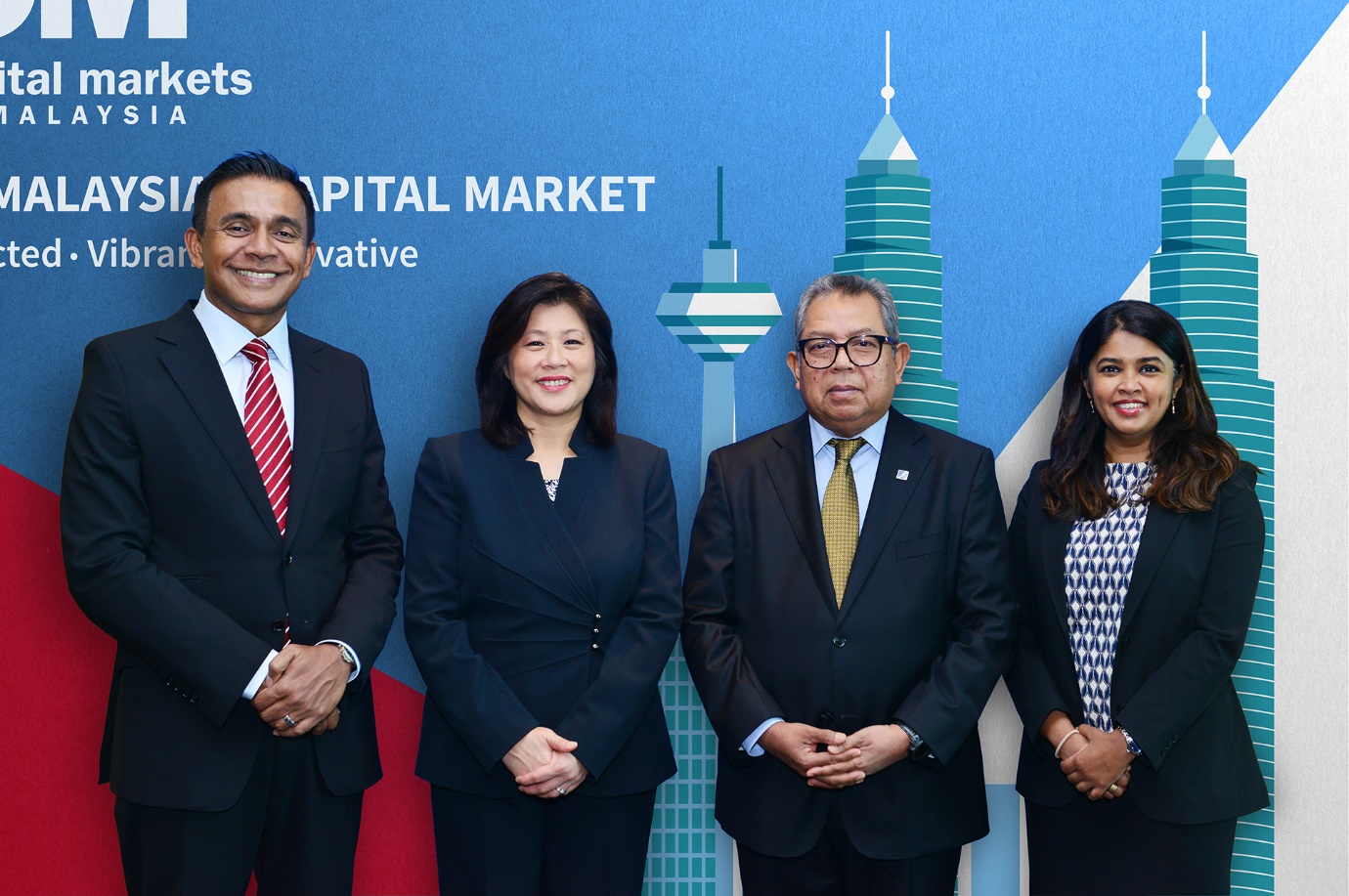
Capital Markets Malaysia, an affiliate of the Securities Commission Malaysia, has launched a Simplified ESG Disclosure Guide (SEDG), making Malaysia the first country globally to provide SMEs within global supply chains with a streamlined and standardised set of guidelines in relation to environment, social and governance (ESG) disclosures.
The SEDG consolidates and simplifies the many complex global and local ESG-related frameworks to improve the availability of ESG data and information by SMEs.
In formulating the Guide, public and market consultations were conducted with multiple stakeholder groups — including large multinational and public listed companies (PLCs), SMEs, and regulatory and policy stakeholders — to better understand the disclosure challenges, needs and expectations of SMEs within the supply chain.
Dato’ Seri Dr. Awang Adek Hussin, executive chairman of SC, and chairman of CMM said, “As the global sustainability movement forges ahead amid heightened regulatory scrutiny and investor demand for more deliberate company action towards net zero goals, the SC is committed to ensuring that our companies, both large and small, are prepared to meet global ESG requirements.”
“Recognising that SMEs are particularly exposed to risks from supply chain vulnerabilities, the SC welcomes the release of the SEDG which will help SMEs get ahead of the curve and remain relevant in a constantly evolving global marketplace,” he said.
“As we collectively transform and elevate Malaysia’s economic system through the adoption of international standards and best practices, it is important to ensure that no SME is left behind. To support inclusive and extensive adoption, CMM will launch the Bahasa Malaysia and Simplified Mandarin versions of the SEDG by end 2023,” Awang Adek added.
The release of the SEDG is aligned with recent national policy initiatives aimed at elevating business in Malaysia towards a synergy in commercial success and sustainability, particularly in the manufacturing sector, as the nation steps up its net zero commitments. These include the New Industrial Master Plan (NIMP) 2023, as well as the Industry Environmental, Social, and Governance (i-ESG) Framework and National Energy Transition Roadmap (NETR).
The SEDG comprises 35 priority disclosures that are aligned with local and global sustainability guidelines which will enable SMEs to respond to disclosure requests from multiple stakeholders, including but not limited to customers, investors, banks and regulators.
It is further categorised into basic, intermediate and advanced, to cater to the different levels of sustainability maturity of each SME. The disclosures are applicable across all industries with different levels of priority, and SMEs are encouraged to determine the significance and relevance of these disclosures to their companies.
“The journey of adopting sustainable practices can be daunting for SMEs. As such, our goal is to empower them with a framework that provides straightforward guidance that is structured and practical for SMEs to navigate the process of tracking and reporting their ESG data,” said Navina Balasingam, the general manager of CMM. “Beyond the Guide, CMM has also launched our SEDG Adopter Programme to support supply chain actors.”
The Adopter Programme will provide SMEs with access to in-person training, tutorials, and workshops nationwide to guide SMEs in disclosing ESG data. The programme aims to facilitate learning and sharing of experiences from a community of practitioners facing similar successes and challenges in implementing ESG reporting.
“We are encouraged by the overwhelming reception to the SEDG Adopter Programme which includes major multinational supply chain players, SMEs, numerous financial institutions, government agencies and NGOs, as well as several local chambers of commerce. Their commitment to encourage and support SMEs within their networks to develop ESG reporting practices is highly commendable,” Navina added.
The early adopters of the SEDG from the various categories include Small and Medium Enterprises Association (SAMENTA), CIMB Bank, Credit Guarantee Corporation, Generali, Hong Leong Bank, Malaysia Venture Capital Management (MAVCAP), Maybank, Nestlé Malaysia, PANTAS, Penjana Kapital, Thoughts in Gear (TIG), UOB Bank and Volvo Trucks Malaysia.
The rest include Dewan Perniagaan Melayu Malaysia (DPMM), The Associated Chinese Chambers of Commerce and Industry of Malaysia (ACCCIM), The Malaysian Associated Indian Chambers of Commerce and Industry (MAICCI), Malaysian Dutch Business Council (MDBC), Business Finland and UN Global Compact Network Malaysia & Brunei.
The SEDG is aligned to global, local and government frameworks and reporting standards including the Global Reporting Initiative (GRI), the International Sustainability Standards Board (ISSB), the Bursa Malaysia Listing Requirements, Bursa’s Sustainability Reporting Guide as well as the Malaysian Code on Corporate Governance (“MCCG”). CMM also plans to launch specialised sectoral disclosure guidance in early 2024.
For more information, visit https://sedg.capitalmarketsmalaysia.com/.














